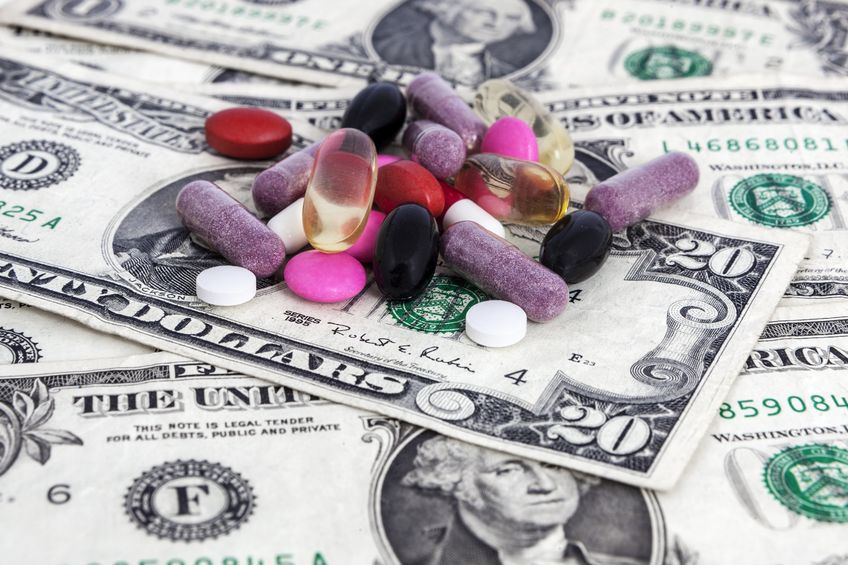Generic Drugs
When I opened the internet yesterday, MSN/money had a piece on the “Five Best Things to Buy Generic”: breakfast cereal, spices and seasonings, diapers, gasoline and medications. As a pharmacist, I knew medications would be on the list. But I also know that generic drugs generate a lot of questions-and sometimes concerns-from patients.
In theory, there is no significant difference between generic medicines and brand name medications; in practice, there can be, but not very often.
Generic drugs contain the SAME active ingredient in the SAME amount as brand name medicines. So when your prescription is filled with a generic drug, you are getting exactly what was prescribed. The FDA-Food and Drug Administration-requires that the same amount of generic drugs enter the body at the same rate as the brand name medicines. If all these things were exactly true-same drug in the same amount entering the body at the same amount and same rate-then brand and generic drugs really would be pretty much identical, or “bioequivalent”. But there are two potential problems with this.
Generic drugs are no better or worse than brand name drugs.
The FDA allows a small difference between the drugs in how rapidly they enter the body once taken. This is rarely an issue, although there can be bigger differences when patients switch between two different generic products of the same drug; in this case there can be a larger difference in how rapidly they enter the body. When drugs enter the body more quickly, they can sometimes produce adverse effects that occur up to an hour or two after you take them.
While generic drugs contain the SAME active ingredient in the SAME amount, they can differ from brand name drugs in their inactive ingredients.
Inactive ingredients, as the name implies, are typically inactive; they include things like coloring and binding agents to hold tablets together. Rarely, patients will be sensitive to an inactive ingredient; they might be allergic to a coloring ingredient or lactose-intolerant to a product with lactose in it. Patients with sensitivities might only be able to take a product from one manufacturer – that might be the brand product, or it might be a particular generic.
Generic drugs can save patients a LOT of money.
I’ve encountered drugs that cost 10-times more as brand name drugs than as generics. Years ago at CVS, I had a woman come in for an expensive brand name antibiotic. Her husband was the prescribing doc, and she went out back to the parking lot to have him rewrite the prescription for the cheaper generic drug. It makes a difference when it’s your own money. There are still a few prescribers who may not fully appreciate the cost savings of generic drugs and the reality that if patients can’t afford their medicines, then those medicines may not be purchased, may not be taken and may not do any good.
Drugs are not always cheaper just because they are available as generics; they are cheaper because of price competition.
There has been a recent trend for generic manufacturers to buy out competitors and then dramatically raise the price for the single-source generic. You may find this has happened to one of your generic drugs.
Patients often wait impatiently for drugs to go generic, while drug makers do everything they can to protect their brand name exclusivity. I’ve had many patients ask about generic Viagra. Drug manufacturers have some strategies to keep their brand name product recognition, like combining it with another drug or making a sustained-release formulation. Eventually, generic drug manufacturers will have the opportunity to provide a competing generic product in almost every case.
If it makes you feel better and money is not an issue, it’s OK to buy brand name products. Otherwise, it’s almost always a good idea to try an FDA-approved generic drug. Your generics are likely to work just as well and save you money.
If you have a question about your generic drug – or any medication – ask your pharmacist or prescriber.
References:
1.https://www.fda.gov/drugs/buying-using-medicine-safely/generic-drugs
2.http://www.webmd.com/healthy-aging/guide/generic-drugs-answers-to-common-questions












